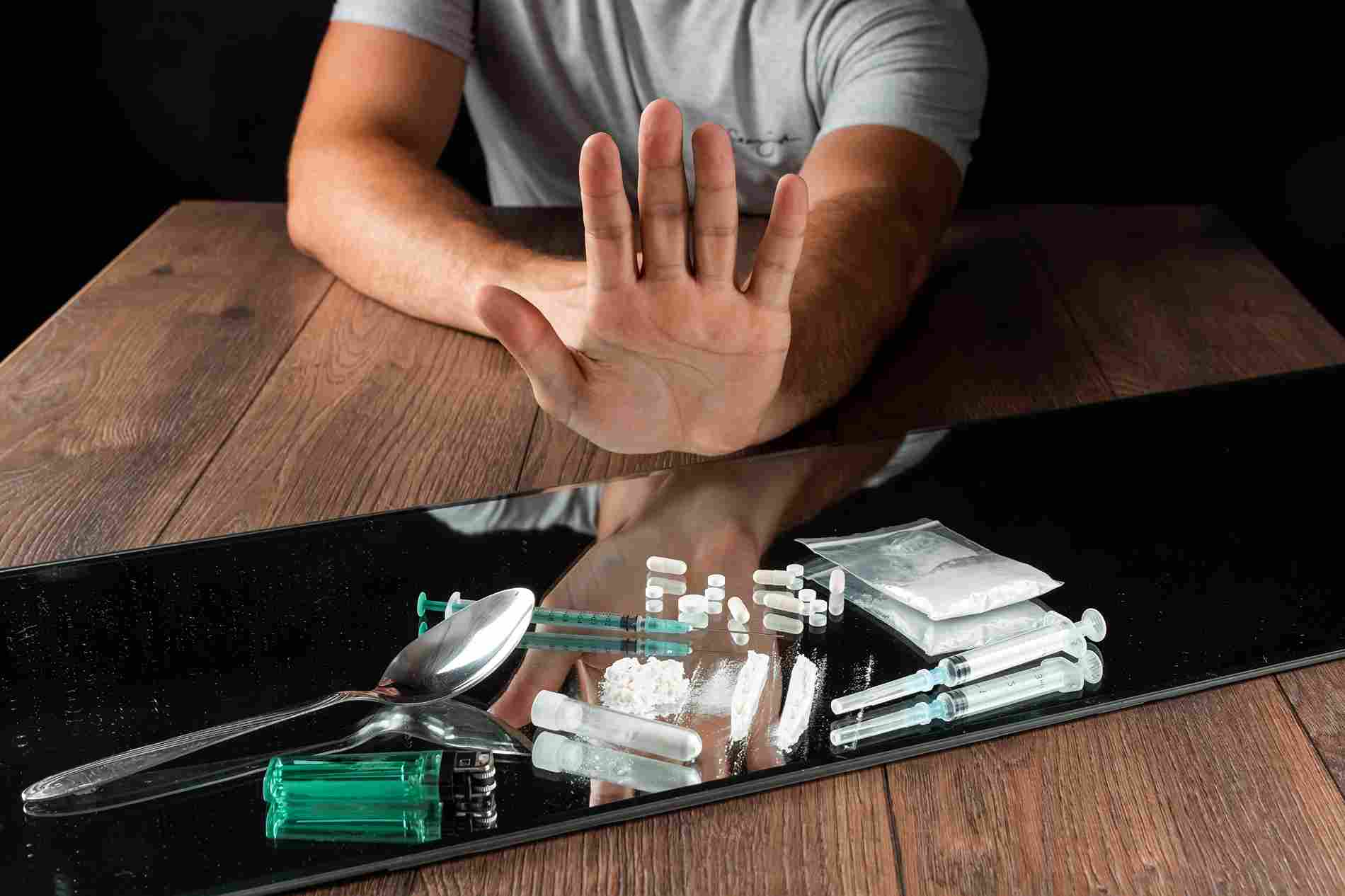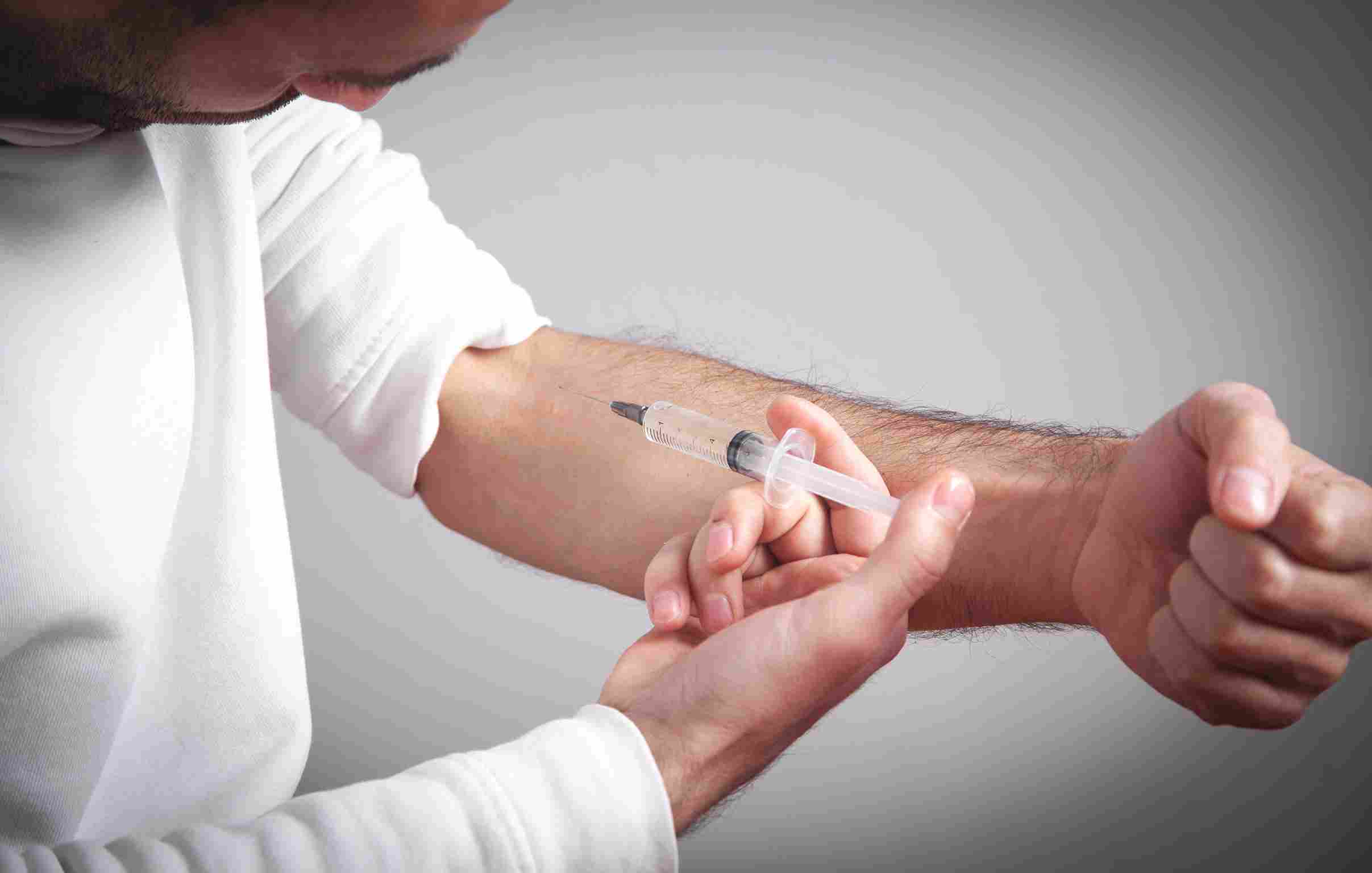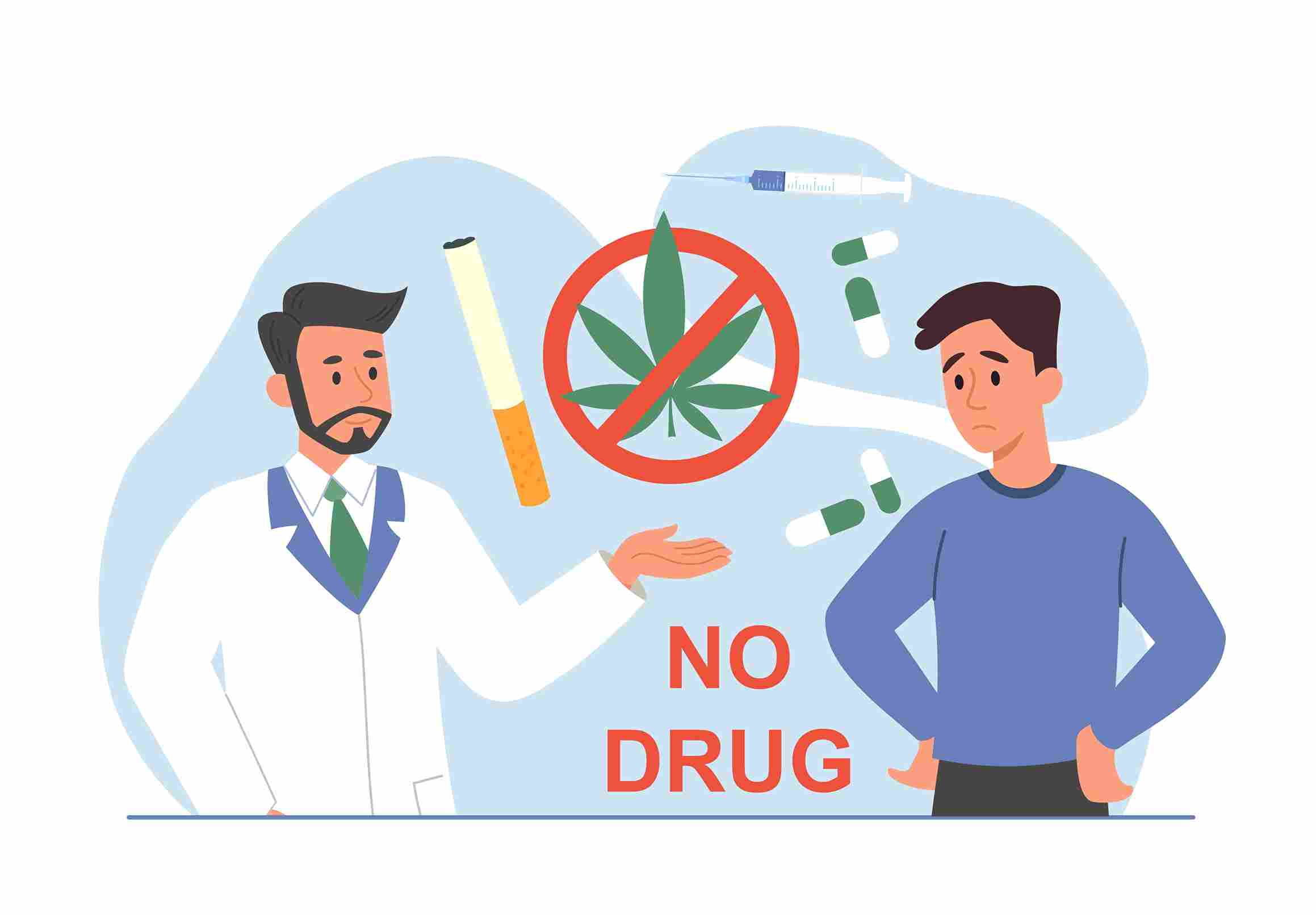
De-Addiction
Addiction is a chronic disease characterized by compulsive substance use or behavior despite negative consequences. Addiction can involve drugs, alcohol, gambling, or other addictive behaviors, and it can have a significant impact on a person’s physical, mental, and social well-being.
Therapy can be an effective tool for treating addiction by addressing the underlying psychological and emotional factors that contribute to addictive behaviors. Here are some ways that therapy can help with addiction:
- Addressing underlying issues
Addiction can be a symptom of deeper psychological or emotional issues, such as trauma, depression, or anxiety. Therapy can help identify and address these underlying issues, reducing the need for substance use or addictive behaviors as a coping mechanism.
- Developing coping skills
A therapist can help individuals develop healthy coping skills to manage triggers and cravings that may lead to relapse. This may include learning techniques such as mindfulness, meditation, and cognitive-behavioral therapy.


- Improving communication skills
Communication skills are an essential component of addiction recovery, as individuals often need to navigate complex social situations and relationships. Therapy can help individuals improve their communication skills, learn how to set boundaries, and improve their overall relationships.
- Building support networks
Addiction recovery can be challenging, and having a support network of family, friends, and peers is critical. Therapy can help individuals build a support network, connect with support groups and other resources, and find ways to stay accountable for their recovery.
- Providing ongoing support
Addiction recovery is a long-term process, and therapy can provide ongoing support and accountability as individuals navigate the challenges of recovery.
Therapy for addiction can involve individual therapy, group therapy, or family therapy, depending on the individual’s needs and the nature of the addiction. The therapist may also work with the individual to develop a personalized treatment plan that includes other support services, such as medication-assisted treatment, residential treatment, or outpatient programs.

